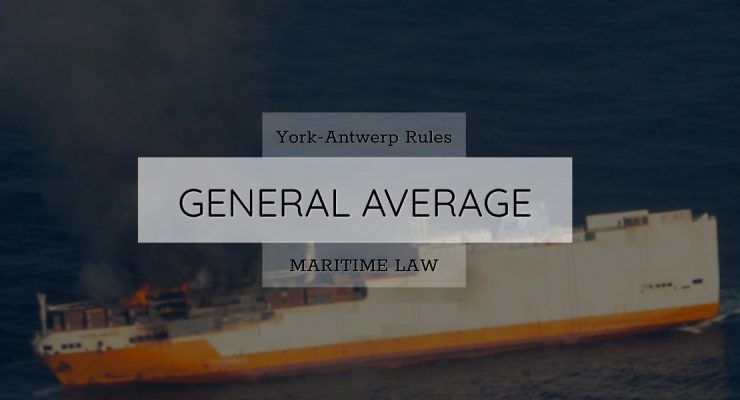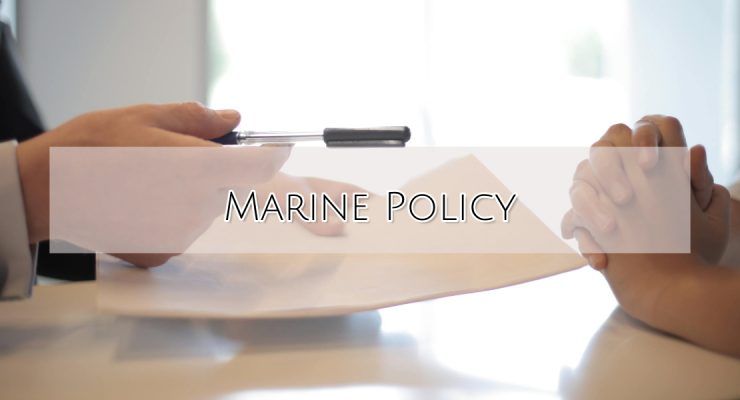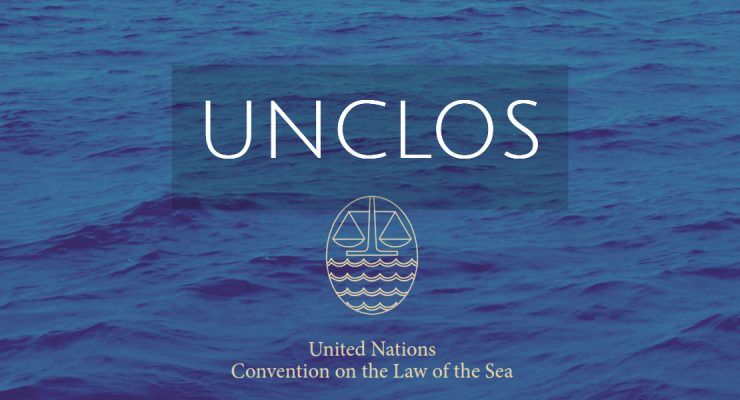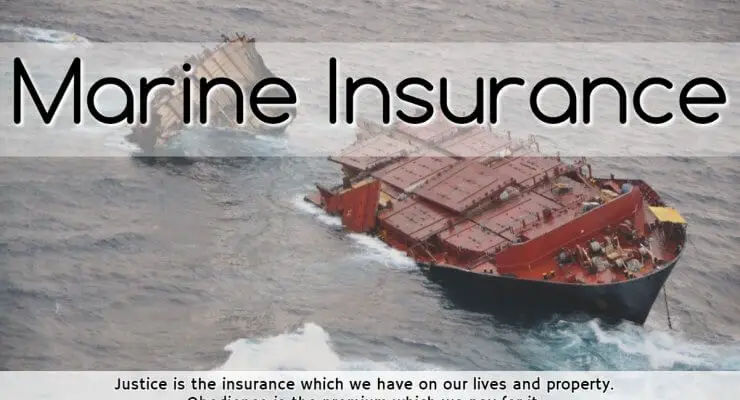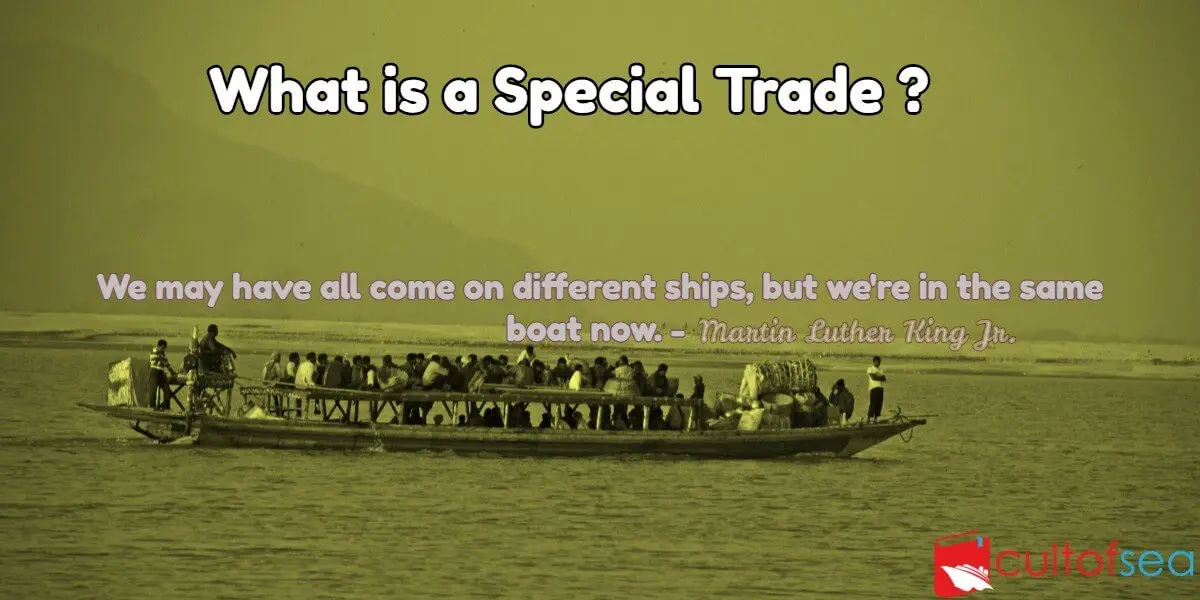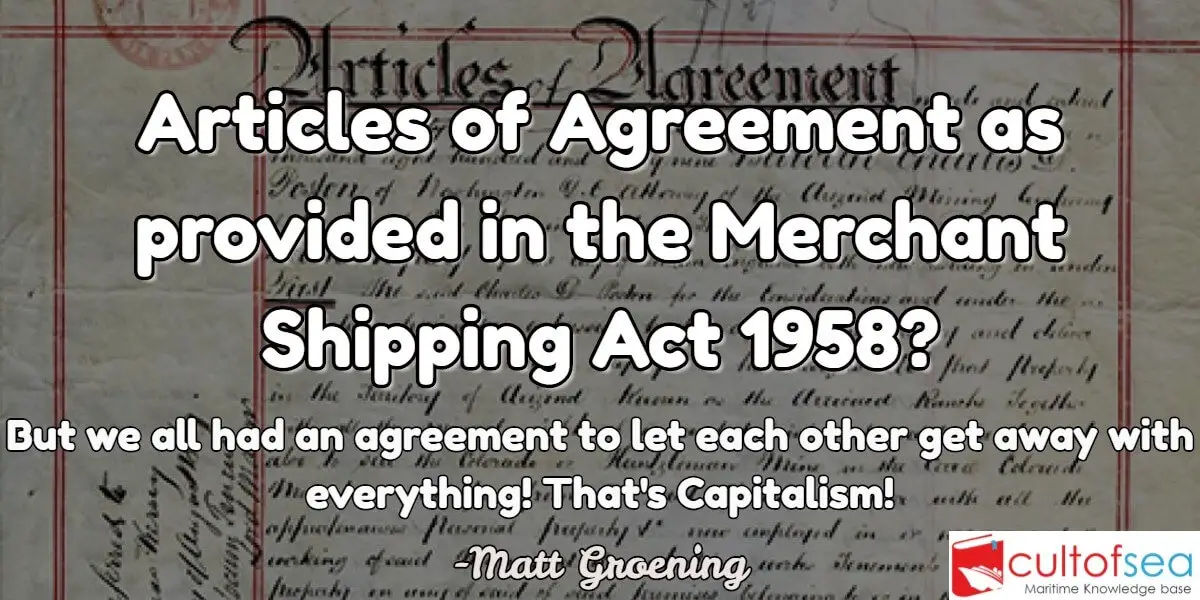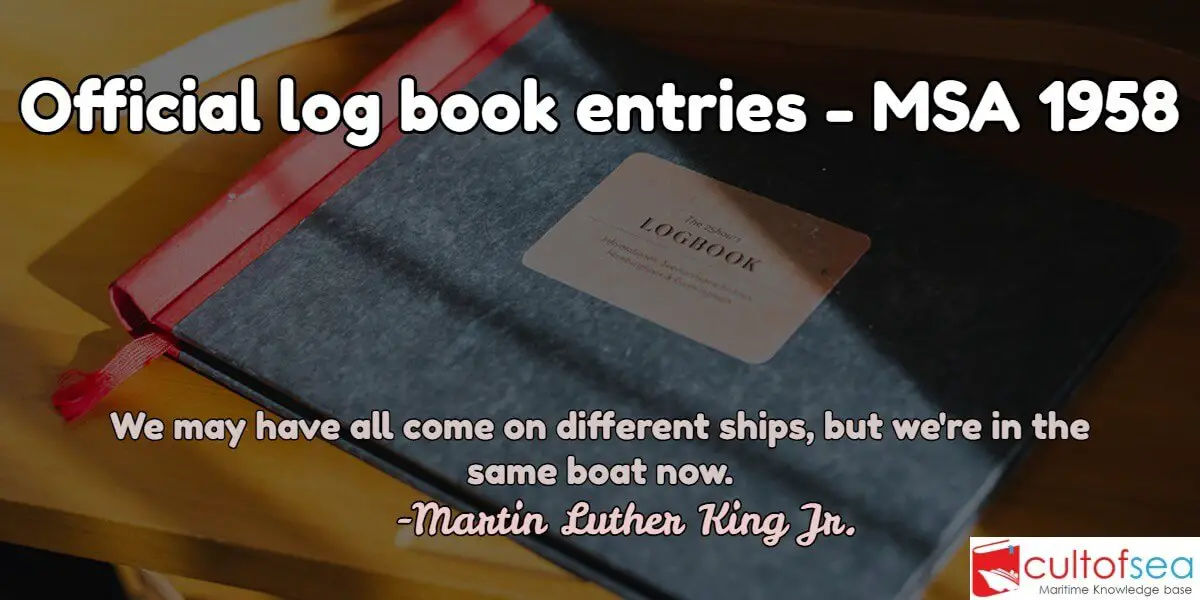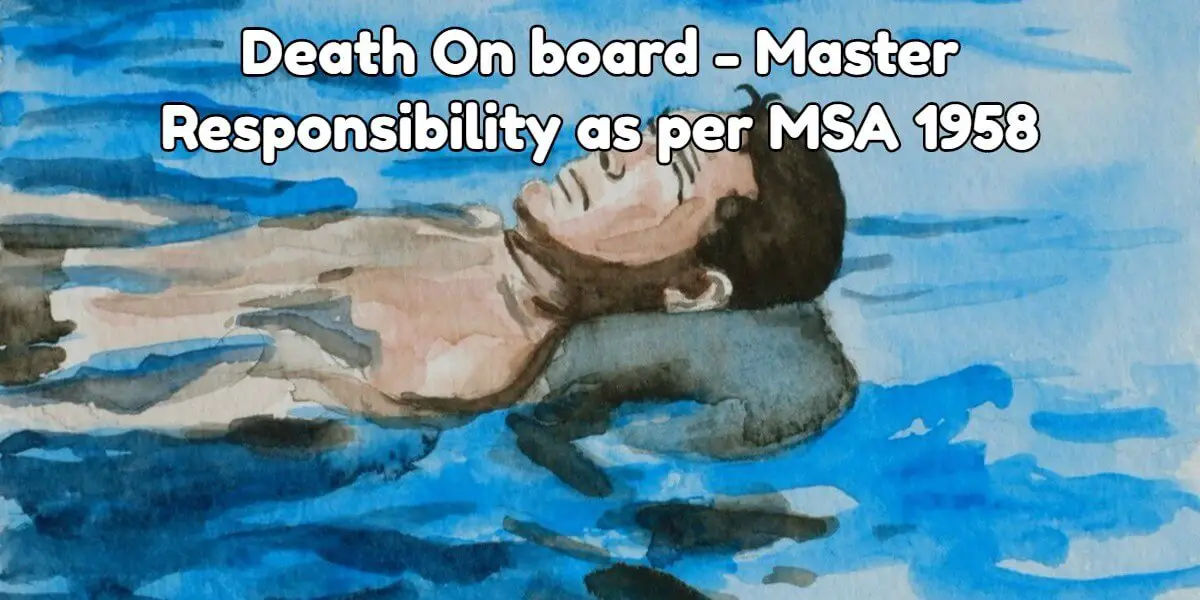General Average There is a General Average act when and only when any extraordinary or expenditure is intentionally and reasonably made or incurred for the common safety, for the purpose of preserving from peril, the property involved in a common maritime adventure. Extraordinary Sacrifice in a General Average Below are examples for an extraordinary sacrifice, though not limited to:Damage done to the engine to refloat the vessel after grounding. Jettisoning of cargo under Deck. Jettisoning of Cargo on Deck as per Custom of the trade. Slipping of Anchor and Cable … [Read more...]
What is a Marine Policy? Basics you need to know!
A contract of Marine Insurance shall not be submitted in evidence unless it is embodied in a Marine Policy accordance with Marine Insurance Act. The policy may be executed and issued either at the time when the contract is concluded or afterwards. Dictionary Meaning of " POLICY " : A set of ideas or a plan of what to do in particular situations that has been agreed to officially by a group of people, a business organization, a government, or a political party. Before proceeding further, please go through an example below:A Marine Policy must specify the following:Name of the … [Read more...]
UNCLOS – Salient Features, Objectives, Maritime Zones, Passages and Duties
United Nations Convention on the Law of the Sea (UNCLOS)UNCLOS lays down a comprehensive regime of law and order in the world's oceans and seas. The 1982 convention was signed by 117 states and it establishes rules governing all uses of the ocean and its resources. The convention also provides the framework for the development of a specific area of law of the sea. The convention is a lengthy document having 446 articles group in 7 parts in 9 annexes. UNCLOS came into force internationally on 16th Nov 1994.Baseline As otherwise provided in the UNCLOS convention, the … [Read more...]
Marine Insurance – Purpose, Principle, Warranties and General Average
Purpose of Marine Insurance Marine Insurance is an agreement whereby the insurer indemnified the assured in manner and extent provided, against losses incidental to marine adventure.Spreading of Risk - If a loss occurs, the insured will be put back into the same financial position as just before the loss. The insured must not profit from the loss. Aid to Security - This removes the uncertainty of a potential financial loss. Individuals and businesses are freer to expand without the need to set aside for reserves for the future. Aid to Credit - Loans are not advanced unless the … [Read more...]
Protection & Indemnity Clubs
What is a P&I club? The roots of the Protection & Indemnity Club or a P&I club were founded in 18th century England. Those were the days of sailing ships and extremely slow and inefficient communication system. Ship owners and the underwriters had limited contact and the hull insurance did not cover all aspects of loss on board. A group of ship owners formed an association to provide each other insurance cover. This association was a non-profit making body controlled by a group of close-knit ship owners. These associations were named as Mutual Hull Insurance Clubs. The basic … [Read more...]
What is a Special Trade ?
What is: 1. Special trade? 2. Special trade passenger? 3. Special trade passenger ship? 4. What are Subdivision loadlines? 5. What certificates are to be carried by special trade passenger ships intending to carry special trade passengers as provided in Merchant Shipping Act 1958? 1. Special Trade A Special Trade means the transporting of a large number of passengers by sea within prescribed areas. 2. Special Trade Passenger It means a passenger carried in special trade passenger ships in spaces on weather deck or upper deck or between decks which include pilgrim or person … [Read more...]
Articles of Agreement – MSA 1958
Give the general terms of the Articles of Agreement as provided in the Merchant Shipping Act 1958 ? (Section 101) a. Five original copies of the articles of agreement may be signed between the employer/employer's agent and the seafarer ashore. This signing on will be done in the office of the employer/employer's agent, and not in the presence of the Shipping Master. The seafarer shall report on board ship with the first three signed original copies which shall be signed by the Master and the seafarer on board the ship. After this, the 1st and 3rd original copies would remain in the custody of … [Read more...]
Official log book entries as per MSA 1958
What are the entries to be made in the Official Log Book with regard to seaman & apprentice as required by the Merchant Shipping Act 1958? How & when are the entries to be made? (section 212) The entries to be made in the official log book with regard to seaman & apprentice are as follows:Every conviction by a legal tribunal & the punishment inflicted. A record of every offence committed for which it is intended to prosecute or levy a fine along with a statement of the reading out of the entry & the record of the reply. A record of every offence for which a … [Read more...]
Unseaworthy and Unsafe Ship’s as per MSA 1958
Discuss the provisions of the merchant shipping act 1958 as regards unseaworthy and unsafe ship’s. What are the provisions of MSA 1958 as regards: 1. Sending an unseaworthy ship to sea and 2. Obligation of owner and master to crew with respect to seaworthiness 3. Explain Certificate of Seaworthiness 4. Explain interim Certificate of Class What is a Unseaworthy and an Unsafe Ship? The MSA 1958 defines an UNSEAWORTHY ship when the materials of which she is made, her construction, the qualification of the master, the number, description and qualification of … [Read more...]
Death On board – Master Responsibility as per MSA 1958
What are the duties of master as regards seaman or apprentice who dies on board during a voyage and as regards dealing with his wages and property as provided in Merchant Shipping Act 1958? When any seaman or apprentice engaged in a voyage due to terminate in India dies, the master shall inform the next of kin of the deceased and the shipping master at the seaman’s port of engagement. The master shall take charge of any money and effects of the deceased seaman on board the ship and make the following entries in the official log book:Details of money & other effects of the seaman or … [Read more...]
